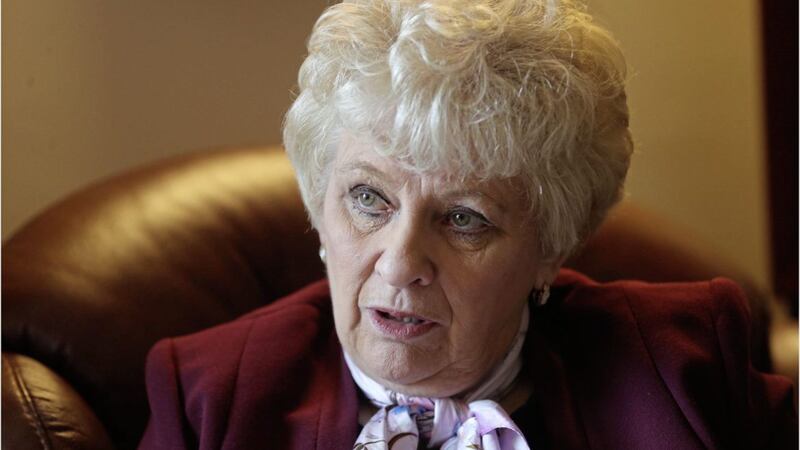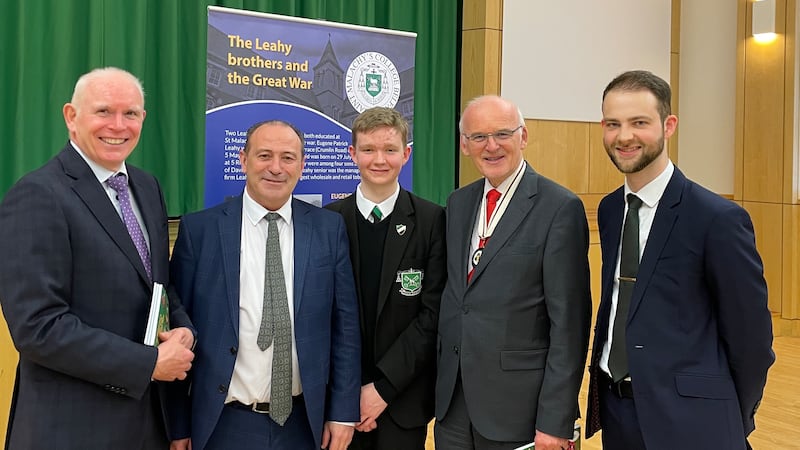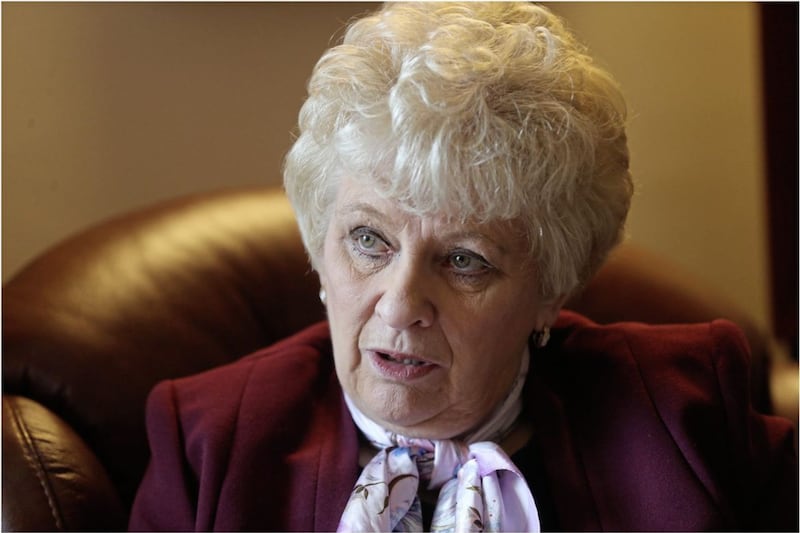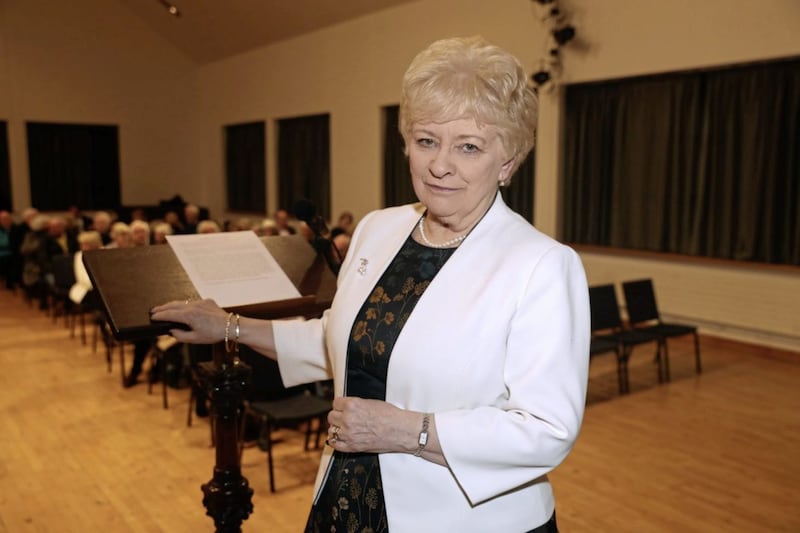THE 'undemocratic' Westminster vote on abortion will allow people to terminate pregnancies if the unborn baby has a disability or is of 'the wrong sex', Nuala O'Loan argues in today's Irish News.
The former police ombudsman says terminations "will be legal up to 28 weeks" during a interim period of several months following a planned relaxation of Northern Ireland's abortion laws.
Abortions are due to be decriminalised if a power-sharing assembly does not return by October 21 to block the move.
The change comes after MPs and peers voted last month to back reform.
The peer says that between October 22 - when the planned change is to be introduced - and March 31, 2020 - when new abortion regulations are due to be in place - terminations up to 28 weeks will be legal "for any reason, including, for example where the baby has a disability or is of a different sex from that which the parents want, unless it can be proved that the baby would have been capable of being born alive".
Queen's and Ulster University 'will amend teaching' to reflect any changes in abortion legislation
In Britain, terminations are allowed up to 24 weeks.
Baroness O'Loan says abortion is a devolved matter.
"Every Northern Ireland MP who sits at Westminster voted against this, as did all members of the House of Lords living in Northern Ireland, but it was imposed on us by MPs and Peers from England, Wales and Scotland. This was a complete denial of democracy to the people of Northern Ireland.," she writes.
However Grainne Teggart, Northern Ireland Campaigns Manager for Amnesty UK, said the decriminalisation of abortion did not mean the procedure would be deregulated and only meant "that women will no longer be treated as criminals and face jail sentences for accessing the healthcare service".
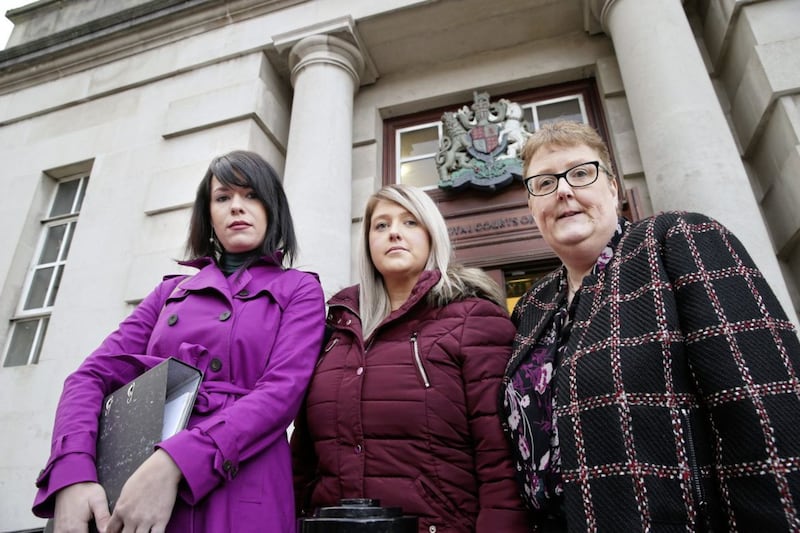
"Regulations will, amongst other issues, address term limits and will be in place for end of March 2020," she said.
She said the changes will allow women to have "free, safe, legal and local access to the healthcare service including in circumstances where there is risk to the woman’s health, in cases where a pregnancy is a result of rape or incest and where there is a fatal foetal abnormality".
"It is regrettable that a minority would object to abortion being available in those circumstances," she said.
DUP leader Arlene Foster has said she is "determined" to restore power-sharing to block changes to abortion laws.
"As the party leader, I feel that abortion is one issue where alliances have developed across the main traditions in the community," she told the Impartial Reporter.
